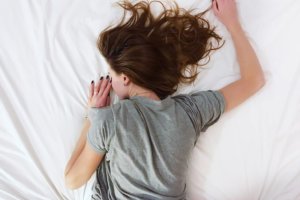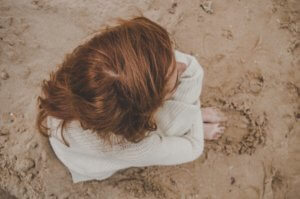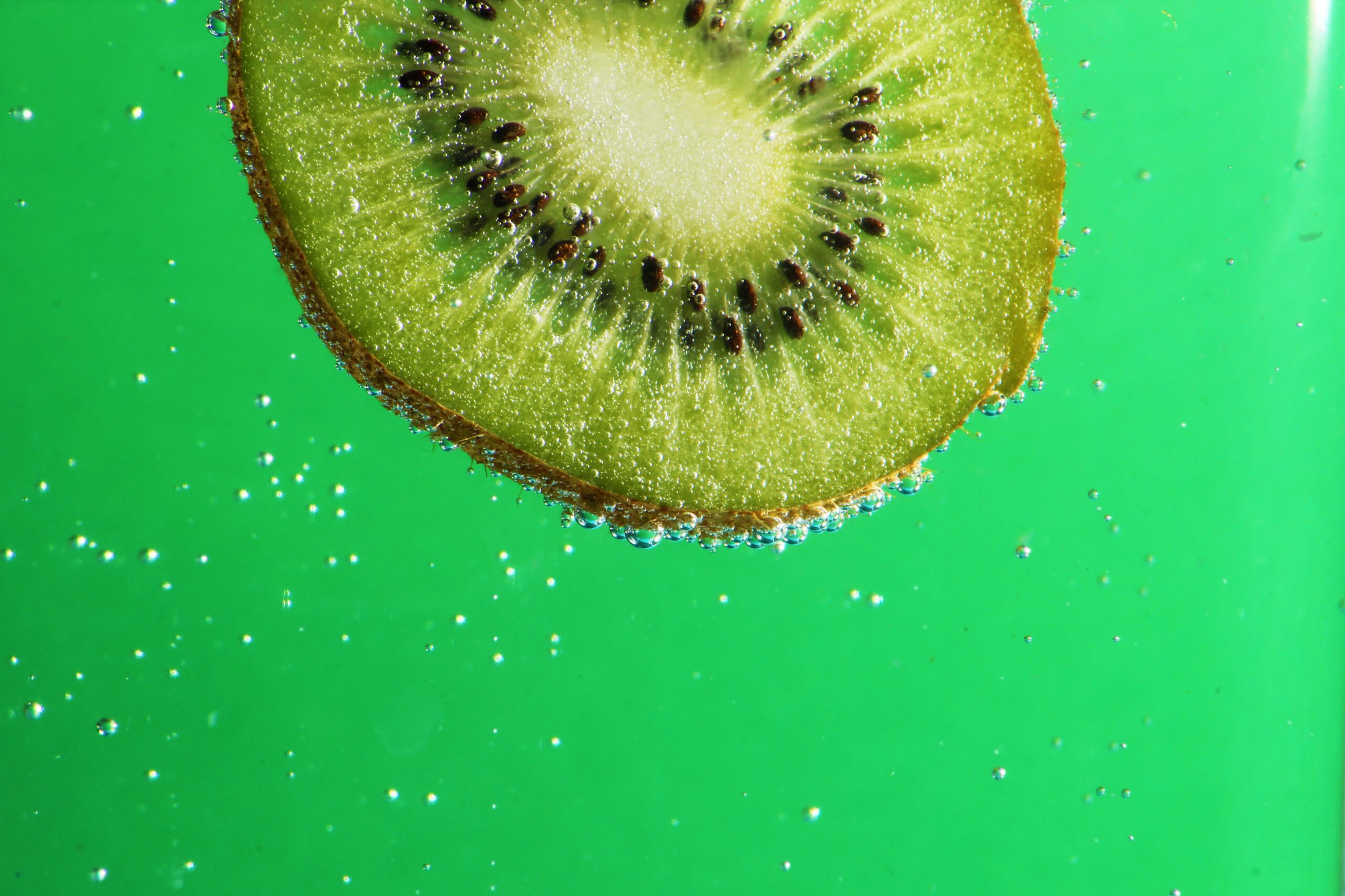What Causes Worsening Itchy Scalp at Night?
Intense scalp itch can really wreck your mojo. Trying to constantly resist the urge to scratch at your head day-in and day-out can feel so taxing and draining to your energy. Worse for most people is how it impacts their sleep – in fact, many clients have shared that they experience the worst itchy scalp at night.
No, it’s likely not just in your head. There are real concrete reasons that you may experience itchy scalp at night.

Besides the obvious reasons, why care about intense scalp itch at night?
First, before we get into why you experience itchy scalp at night, you should know that scalp itch can be very detrimental to our hair health. No matter what is causing your scalp itch (also called scalp pruritus) all of that scratching can damage strands of hair and cause breakage. Even more seriously, it can lead to hair growth disrupting inflammation as well as cause damage to the actual hair follicles. These consequences combined lead to hair that looks unhealthy, thin, or patchy. Left unchecked, all that scratching can even lead to permanent hair loss.
You can’t really have a conversation about hair loss without bringing up hormones, because hormones play an important role in regulating our hair growth cycle. But, did you know that hormone imbalance can also influence scalp itch?
We talked about one way that hormone imbalances lead to scalp itch in a recent blog article. When our bodies overproduce masculinizing hormones called androgens (especially one called dihydrotestosterone or DHT), it can change how much sebum is produced. In case you’re not familiar, sebum is an oily substance that is released by special glands that cover our scalp. The change in the hormones, changes the sebum production, and the excess sebum then influences our scalp microbiome by feeding a yeast species called Malassezia – the fungi considered responsible for dandruff and seborrheic dermatitis. Seborrheic dermatitis alone doesn’t necessarily cause hair loss, but it can cause intense scalp itch at night which we know spells trouble for our mane.
An often-overlooked cause of hair loss: intense scalp itch.
Typically, we only focus on androgenic hormones like DHT when talking about hair loss. But, having high levels of estrogen can also lead to an often-overlooked cause of hair loss: intense scalp itch.
Estrogen dominance is frequently an underlying factor responsible for increasing the intensity of itchy scalp at night.
Let me explain:
Depending on what’s causing intense scalp itch at night there can be different ‘mediators’ of that itchy sensation. Sometimes it’s related to the nervous system (like when you experience scalp itch stemming from diabetes or shingles). And other times the mediator is a chemical messenger. The mediator of itch that we’re focusing on today is histamine.
Histamine is probably something that you only think about when it comes to environmental allergies (such as allergies to pollen or your boyfriend’s dog). But histamine can also contribute to the sensation of intense scalp itch.
When someone is struggling with histamine issues it can mean that they are:
- producing too much histamine (usually related to gut dysbiosis) and/or
- not breaking the histamine down quickly/efficiently
The gut aspect of histamine should not be overlooked. That’s the reasons why I picked the GI Map as one of my favorite tests for client’s struggling with scalp itch.

But what I really want to zero in on is that second point – not breaking histamine down.
There is an enzyme called DAO (diamine oxidase) and it’s one of the enzymes that helps to breakdown histamine. If there is inadequate DAO, it can lead to a histamine “pile up” so to speak and manifest as intense scalp itch.
What role does estrogen play in worsening scalp itch at night?
High levels of estrogen actually block DAO from doing its job!
Here’s how I like to summarize it: high estrogen -> low DAO -> high histamine -> scalp itch -> hair damage.
You may still be wondering what causes worsening itchy scalp at night specifically, though. Although there are some nuances here, generally this can be explained as an overflow of histamine that has been accumulating all day from both overproduction in the gut and possibly from histamine consumed in your diet. Without properly functioning enzymes to breakdown all that histamine, it can accumulate throughout the day and cause a more intense itchy scalp at night.
There are a lot of different ways that people have tried to combat their intense itchy scalp at night and histamine issues (including antihistamines and low histamine diets) but the most important step is always to uncover and address the root-causes of the issue.
For example, if there are gut or hormonal issues that are provoking histamine-mediated scalp itch and subsequent hair damage/loss, digging into the gut and hormone issues should be step one.
Ready to start digging into the root-causes of inflammation, hair loss, and itchy scalp at night that are keeping you from living your best life? Learn more here and apply to work together!



